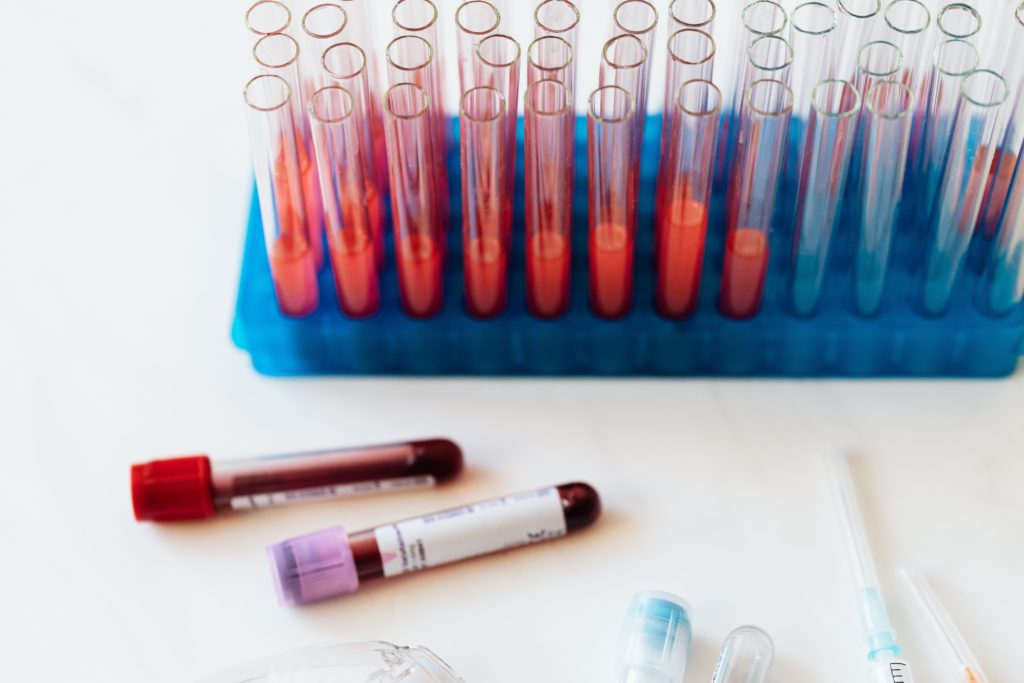What is the HbA1c test?
HbA1c test is a lab test that is done in diabetic patients. It shows the average blood sugar (glucose) level over the previous 3 months.
Why the HbA1c test is done?
The A HbA1c test is done to see whether you are controlling your blood sugar levels or not. It helps in monitoring the blood sugar level so that complications of diabetes can be prevented.
How the HbA1c test is Performed?
The phlebotomist (guy who draws your blood) will take the sample to the lab and will test your HbA1c level.
How to Prepare for the Test?
It shows the blood glucose level of last 3 months. So your recent food intake will not affect your HbA1c levels. No special preparation is required.
How does the Test Will Feel?
You might feel a slight pinch or sting when the needle is inserted. There may be some throbbing or a slight bruise which goes away.
How often the test is done?
Your doctor may recommend this test every 3 to 6 months.
What are the various HbA1c levels?
- Normal: Less than 5.7%
- Pre-diabetes: 5.7% to 6.4%
- Diabetes: 6.5% or higher
The test may show incorrect results in people with anaemia, kidney disease, or certain blood disorders like thalassemia. Talk to your provider if you have any of these conditions. Certain medicines can also result in a false A1C level.
What do Abnormal HbA1c levels mean?
It means that your blood sugar level was high over a period of 3 months.
If your HbA1c level is above 6.5% and you are not diabetic already, then you may be diagnosed with diabetes.
If you are already diabetic and your level is above 7% then it means your blood sugar is not well controlled. Your doctor will adjust your anti-diabetic medicines and diet for better control of your blood sugar level.
Higher HbA1c level means you are at risk of developing complications of diabetes like:
- Eye Problems (Diabetic Retinopathy)
- Nerve Problems (Diabetic Neuropathy)
- Kidney Problems (Diabetic Nephropathy) that can lead to CKD
- Heart Disease
- Stroke
Always consult your doctor. Your doctor will do some adjustments in your medicine and diet. your blood sugar levels can be kept under recommended levels.
What are the various risks factors associated with this test?
There are minimal risks involved. It may include:
- Multiple punctures to locate veins
- Excessive bleeding
- Hematoma (blood accumulating under the skin)
- Fainting or feeling lightheaded
- Infection (at the site of broken skin)
What are the alternative names of the Hb1Ac test?
Glycated hemoglobin test; Glycohemoglobin test; Hemoglobin A1C; Diabetes – A1C; Diabetic – A1C










